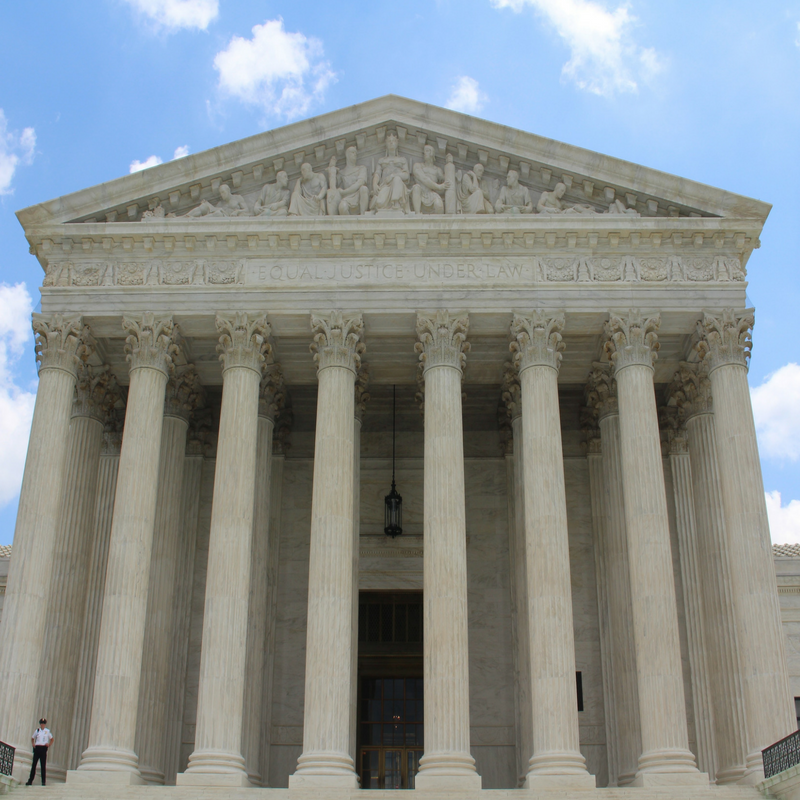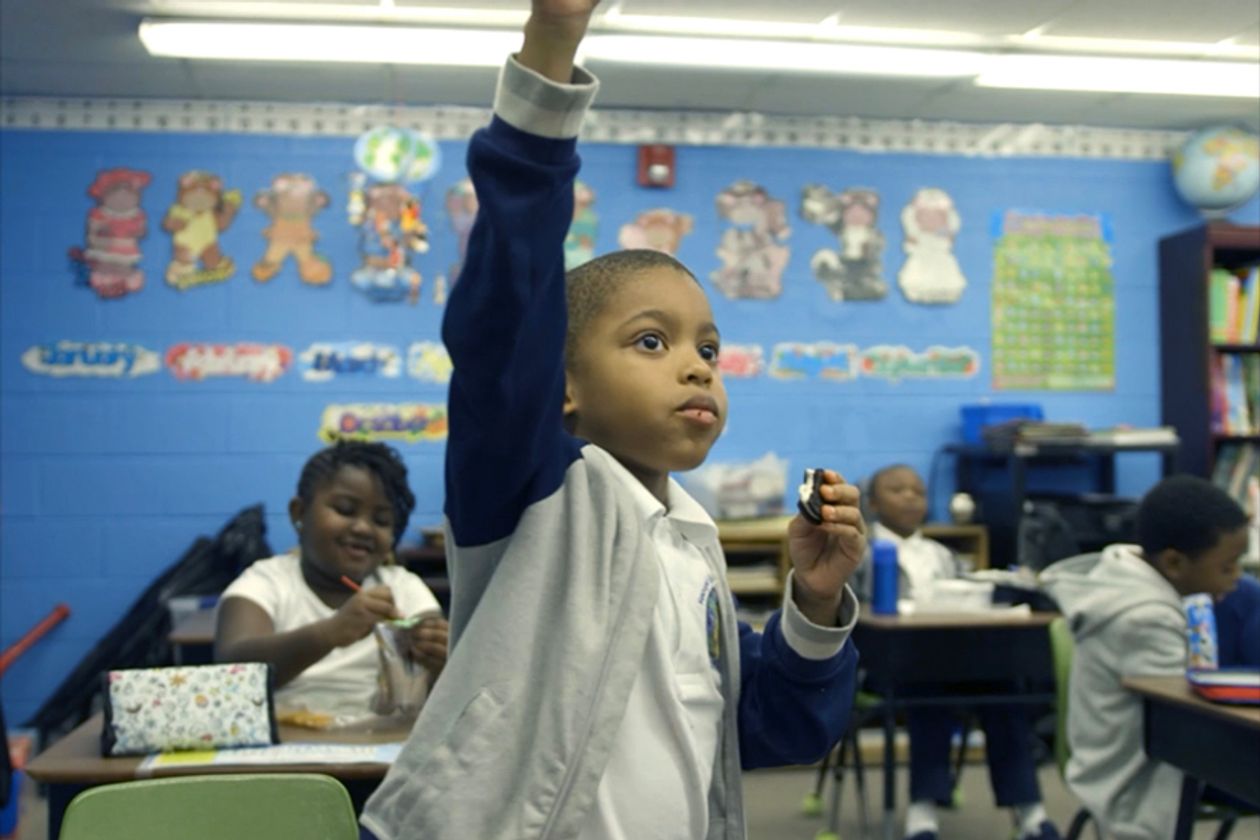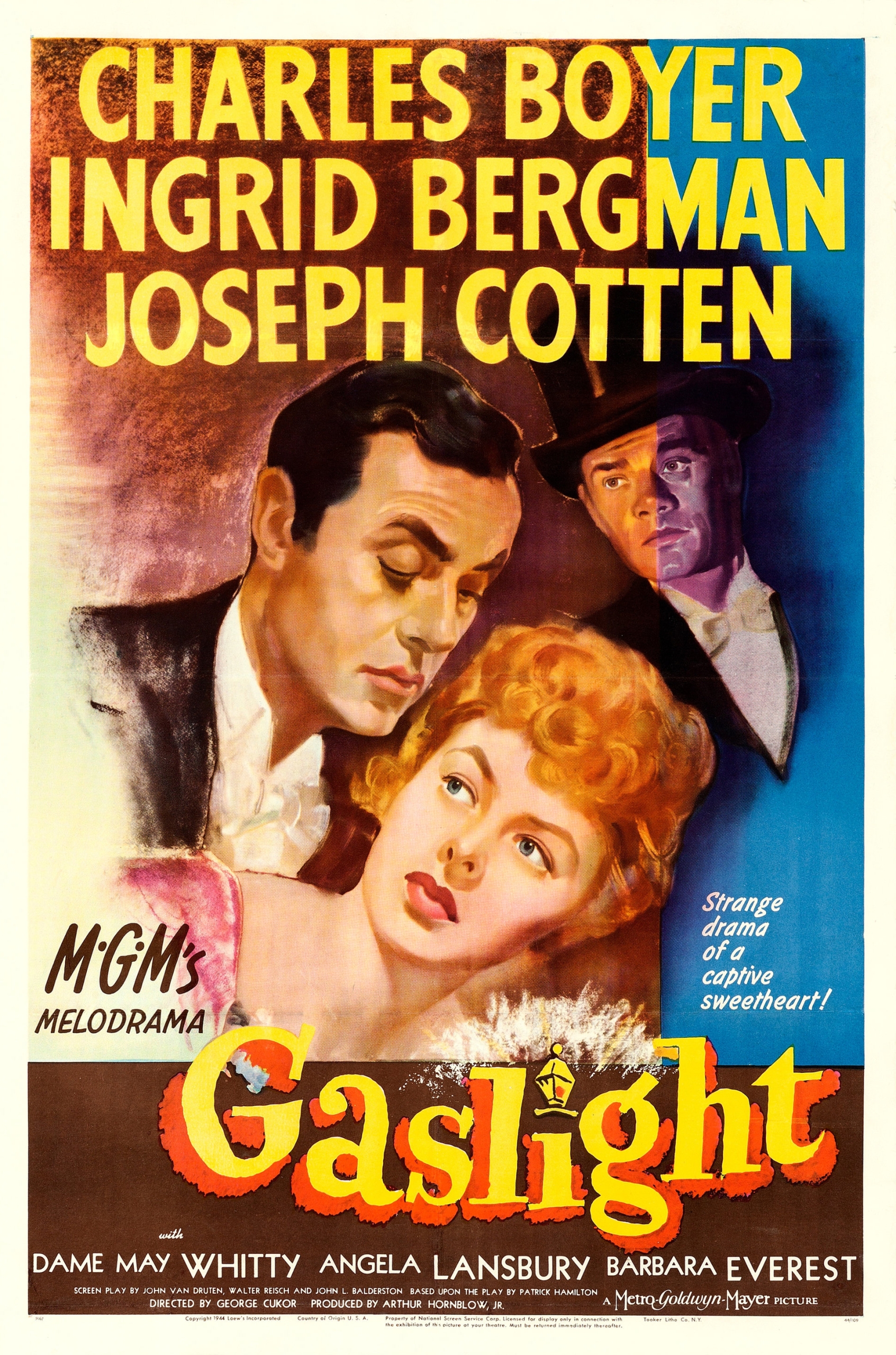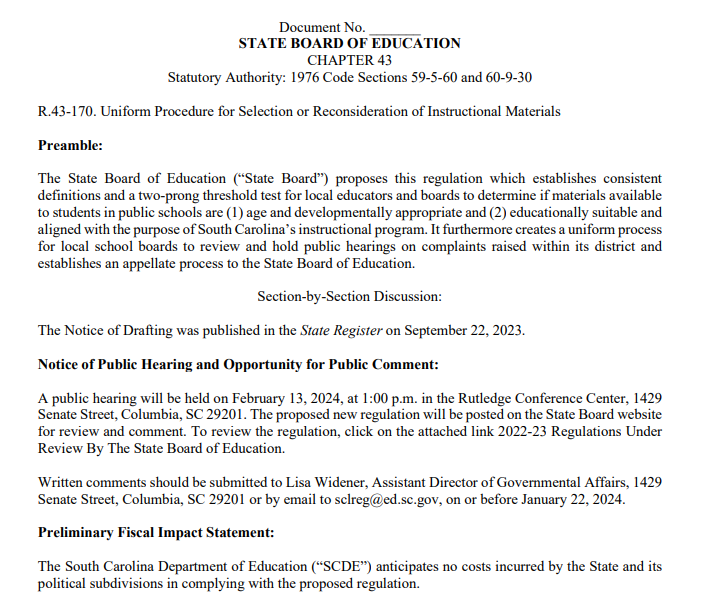All in one decision: high court boosts religious freedom and school choice

Dr. Oran Smith
Reading between the lines of the decision handed down by the US Supreme Court in Trinity Lutheran Church v. Comer (June 26, 2017), there is a bit of…shall we say…anxiety. We will get to that in a moment.
Trinity Lutheran is known as “the Playground Case,” because the merits surround the issue of whether a religious preschool should be allowed to be reimbursed by the State of Missouri for a rubberized playground safety surface. The State had turned down Trinity’s application for the old tire recycling program based on a Missouri Constitutional provision that bans state funds “directly or indirectly, in aid of any church, sect, or denomination of religion.”
In siding with Trinity Lutheran, Chief Justice Roberts was pointed, writing that “…the exclusion of Trinity Lutheran from a public benefit for which it is otherwise qualified, solely because it is a church, is odious to our Constitution all the same, and cannot stand.”
The outcome of the case (7-2 in favor of Trinity Lutheran) is good news for churches and religious institutions. It could also be good news for school choice.
Now for the anxiety. Several of those joining in the majority opinion were so overcome with worry that they took great pains to insert a footnote—a footnote that became a source of great controversy among the Black Robed Nine. Here it is, known as “Footnote 3”:
“This case involves express discrimination based on religious identity with respect to playground resurfacing. We do not address religious uses of funding or other forms of discrimination.”
Perhaps smelling a rat, Justices Neil Gorsuch and Clarence Thomas refused to join in the note, and because Justice Breyer concurred with the majority in a separate opinion, that’s only four votes of nine for Footnote 3. (Others may differ. To me, that’s not a majority.)
The dyspepsia of the court in Trinity Lutheran turned into a full-blown case of gastritis in the legal community blogosphere. For one legal scholar of the left, Michigan State Law Professor Frank S. Ravitch, it was the specter of that dark apparition Zelman (the 2002 SCOTUS decision that found school vouchers constitutional):
“[A] question left open in Zelman was whether government must fund religious entities when it opens up a generally available funding program. Until Trinity Lutheran the answer was unclear. It now seems that Trinity Lutheran may be used to expand the rule in Zelman from a ‘may’ to a ‘must,’ so that state and local governments will now have to include religious schools in voucher programs, or other programs, for fear of violating the free exercise clause.”
To the dismay of Professor Ravitch, the upshot of Zelman + Trinity Lutheran is that even states with Blaine Amendments, the state constitutional provisions like Missouri’s (and South Carolina’s) that prevent public funds from benefiting religious institutions, could be emboldened to adopt school choice programs. Trinity Lutheran could build on Zelman to make it clear that a school is no longer off limits as an entity with which the state may engage to teach children just because that school may be attached to a church or hold to a statement of faith.
Trinity Lutheran v. Comer had an outcome we should pause to cherish, a decision from the US Supreme Court that is good news for freedom: faith freedom and school freedom!
Note: There are at least two South Carolina connections to the efforts of Trinity Lutheran to win at the high court. South Carolina Attorney General Alan Wilson was a part of 16 state attorneys general who signed an amicus brief. Congressman Jeff Duncan (R-SC3) signed a separate amicus with 34 Members of Congress.




